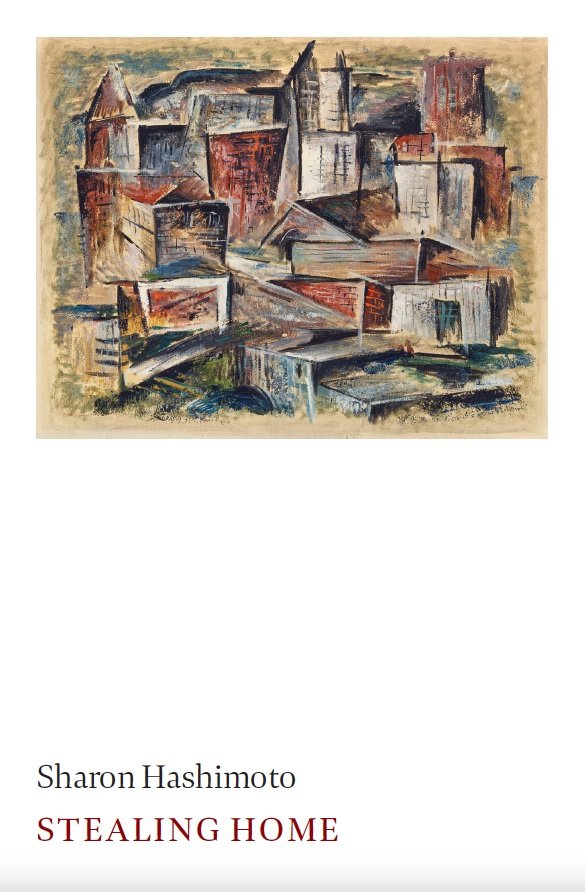Stealing Home
“Hashimoto combines psychological insight with careful attention to physical detail to beautifully portray a population rarely examined in American literature. Readers will be touched (or haunted) by the humanity of these fine stories.”
As she does so powerfully in her poems, Sharon Hashimoto here reckons with the limitations of language, and by extension, notions of citizenship, and ultimately, belonging. A family in a Wyoming camp copes with gossip amid the losses caused by their sudden removal and confinement. A World War II veteran reluctantly tells his granddaughter about his time overseas. A young boy acts as a translator between his mother and her doctor, trying and failing to convey the source of her pain.
In her debut short story collection, Hashimoto brings us stories that trace the costs of war and internment as felt across generations of Japanese Americans, stories that are vital to our understanding of our past—and, urgently so, of our present. Her title, Stealing Home, is both an allusion to an American pastime, and a searing condemnation of its history of forced internment.
“Sharon Hashimoto’s genius is in rendering American history – World War II, internment, the civil rights era – in the intimate, immediate palette of the domestic. Spaces between individuals (husband and wife, brother and sister, immigrant parent and American-born child) – the connections and the fallings-short – are evoked in moments so precise and deeply-felt, I sometimes flinched. Time steals from family and national / collective memory. Like the character in the title story, Hashimoto steals right back, reclaiming, in cut-up hotdogs with shoyu, and pineapple-upside-down cake, clam grit and Mikimoto pearls, “little moments” that, in the end, history, and lifetimes, make.”
About the Author
Sharon Hashimoto’s first book of poetry, The Crane Wife (co-winner of the 2003 Nicholas Roerich Prize and published by Story Line Press), was reprinted by Red Hen Press in 2021. Her second poetry collection, More American, won the 2021 Off the Grid Poetry Prize judged by Marilyn Nelson and the 2022 Washington State Book Award in poetry. Her poems and short stories have recently appeared in Indiana Review, Louisiana Literature, North American Review, Pedestal, Alaska Quarterly Review, and other literary publications. She is a recipient of a N.E.A. fellowship in poetry. She lives in Tukwila, Washington, with her husband, poet Michael Spence, and their two cats.
“Especially poignant in this collection are the stories of the generation Issei, those who “stole home” for their descendants more than for themselves. These are deeply human stories beautifully told.”


